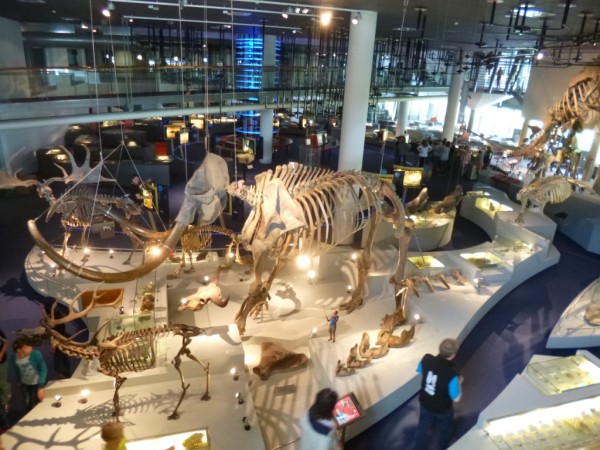. . .but we should be challenging visitors, not just giving them what they want. . .
Work in evaluation and visitor research for long enough and you’re bound to hear someone say this. And from the point of view of an evaluator, it’s frustrating for a few reasons:
- It betrays an assumption that conducting evaluation somehow means you’re going to ‘dumb down’ or otherwise pander to the masses. Evaluation shouldn’t fundamentally alter your mission, it should just give you clues as to where your stepping-off point should be.
- It can be used as an excuse for maintaining the status quo and not thinking critically about how well current practices are working for audiences. Are we genuinely challenging audiences. . . or just confusing them?
- It tends to conflate knowledge with intelligence. If you (and many people you work with) are an expert on a given topic, it’s easy to overestimate how much “everybody” knows about that subject. If there is a big gap between how much you assume visitors know and what they actually know, no amount of intelligence on the visitors’ part will be able to bridge that gap.
- A challenge is only a challenge when someone accepts it. In a free-choice setting like a museum, who is accepting the challenge and on whose terms? If the ‘challenge’ we set our audiences is rejected, does that leave us worse off than where we started?
This post on the Uncatalogued Museum neatly sums how visitors can be up for a challenge – often more so than we think – if we find the right balance between meeting visitors where they are and extending them to new horizons. But finding this balance depends on actually getting out there and talking to people, not resting solely on assumptions and expert knowledge.
If the goal is genuinely to challenge visitors, then visitors need to be part of the conversation. If we’re not asking them, what are we afraid of?
